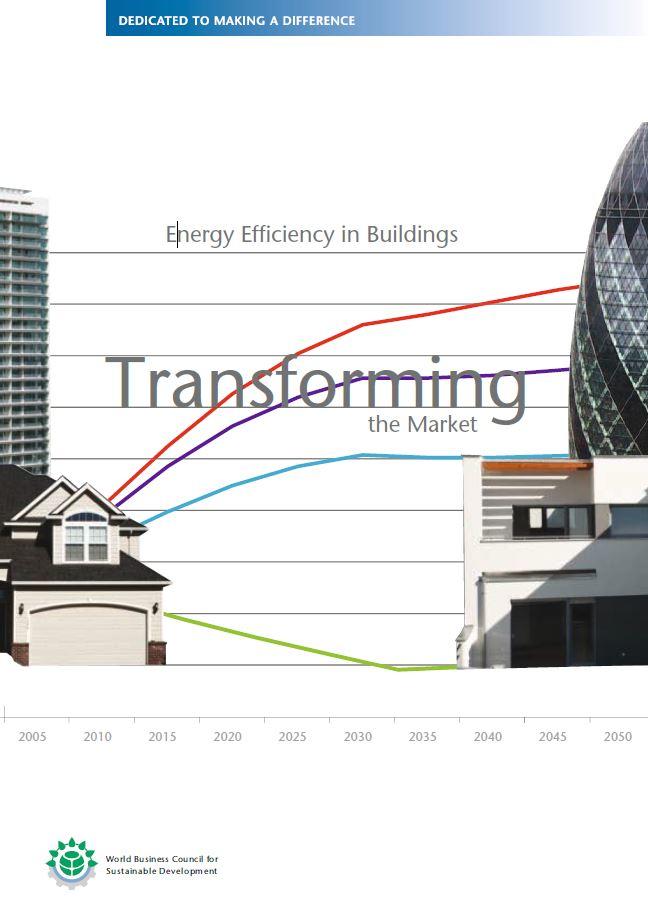
The EEB's report Transforming the Market: Energy Efficiency in Buildings, shows how energy use in buildings can be cut by 60 percent by 2050 – essential to meeting global climate change targets – but this will require immediate action to transform the building sector.
This is the central message of the report from the WBCSD's four-year, $15 million Energy Efficiency in Buildings (EEB) research project, the most rigorous study ever conducted on the subject.
The project took a bottom-up, market-driven approach to understanding the barriers to lower energy use, based on the most detailed view ever of the current state of energy demand in buildings.
Energy use by building type was analyzed for millions of existing and new buildings and projected out to 2050, accounting for differences such as climate and building design.
Using computer simulations, researchers were able to show the market response to various combinations of financial, technical, behavioral and policy options, identifying the optimum mix to achieve transformation for each market studied.
The project's resulting report makes six principle recommendations:
- Strengthen building codes and energy labeling for increased transparency;
- Use subsidies and price signals to incentivize energy-efficient investments;
- Encourage integrated design approaches and innovations;
- Develop and use advanced technology to enable energy-saving behavior;
- Develop workforce capacity for energy saving;
- Mobilize for an energy-aware culture.
Introduction to the Roadmap for a Transformation of Energy use in Buildings
To achieve an energy-effcient world, governments, businesses and individuals in their private and professional lives must transform the building sector, which today accounts for 40% of the world's energy use. A multitude of actions are necessary to aggressively reduce energy consumption in new and existing buildings. Necessary changes cannot and will not come through market forces alone.
This roadmap sets out the key actions in the short and medium term for the seven groups who can contribute to meeting this challenge, ranging from investors to government authorities. The roadmap is designed to put into practice EEB recommendations.

